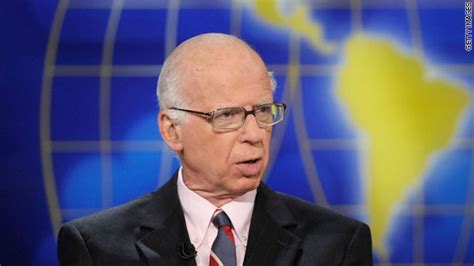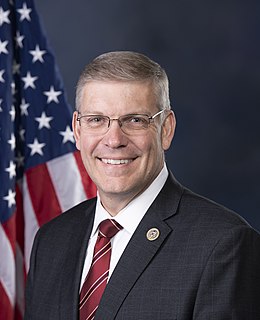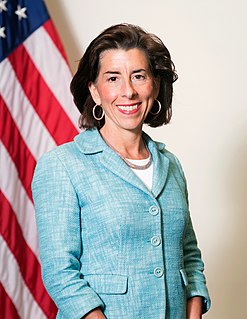A Quote by David S. Broder
Along with the GI Bill, which educated and housed Eisenhower's fellow veterans, the Interstate System has proved to be by far the most important economic-development strategy of the federal government.
Related Quotes
The postwar [WWII] GI Bill of Rights - and the enthusiastic response to it on the part of America's veterans - signaled the shift to the knowledge society. Future historians may consider it the most important event of the twentieth century. We are clearly in the midst of this transformation; indeed, if history is any guide, it will not be completed until 2010 or 2020. But already it has changed the political, economic and moral landscape of the world.
Conservatives in general, and even so called Tea Party conservatives, are not against transportation spending. Indeed, interstate commerce is one purpose of interstate highways and byways, and is one of the things the federal government is actually supposed to spend our tax dollars on. What conservatives are opposed to is needless and excessive spending, pork-barrel spending, deficit spending, spending to pick winners and losers among American individuals and corporations, and spending to promote the social and economic whims of the Washington few.
The federal government neither has the power to site transmission lines, nor do we build them. That's done, as people know, in their own communities. The siting decisions and the permitting is done at the local level, or by state governments if it's interstate in nature. And federal government - this is one area we have no authority.
Our example - and commitment - to freedom has changed the world. But along with the genius of our Declaration of Independence, our Constitution, and our Bill of Rights, is the equal genius of our economic system. Our Founding Fathers endeavored to create a moral and just society like no other in history, and out of that grew a moral and just economic system the likes of which the world had never seen. Our freedom, what it means to be an American, has been defined and sustained by the liberating power of the free enterprise system.
The issue here is this, that the Government's argument at the present moment is the argument that now the war is over, terrorism is defeated, we have to focus on economic development which in the north and east particular, being the areas where the war was fought, development has to proceed at a pace. That people from those parts of the country are leaving seems to suggest a lack of confidence and certainty in the trajectory of this kind of economic development.

































